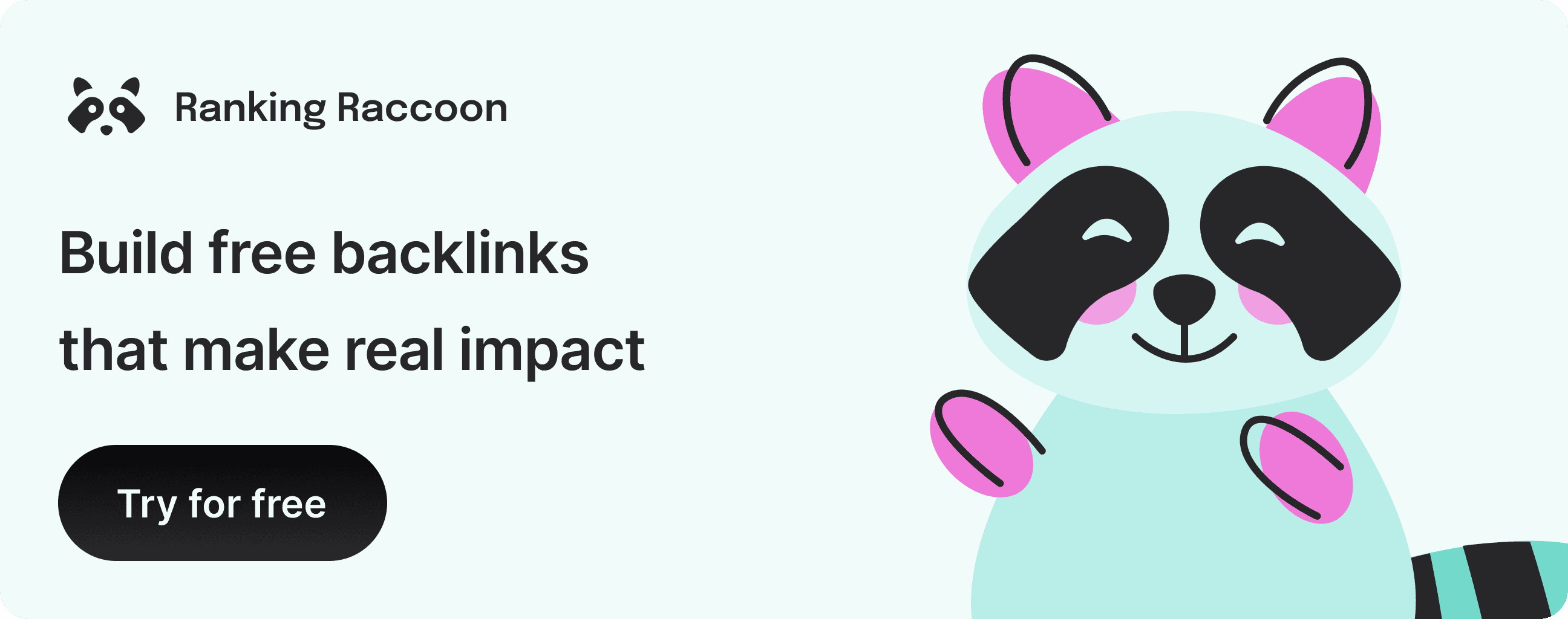"Many miscalculate how many links they need": an Interview with Nick Malekos

Natalia Toth
What should businesses keep in mind when doing link-building? Is paying for backlinks a viable strategy? How do you spot a good domain from which to get a link?
In today’s edition, we discussed all this and more with Nick Malekos, Director of SEO at Growth-onomics, an SEO and performance marketing agency based in Cyprus. With 10+ years of SEO experience, a few successful side projects, and a marketing newsletter, Nick knows the ins and outs of link-building!
Nick, this year has been quite turbulent for the SEO landscape. What biggest changes in SEO can you predict for 2025?
Nick: SEO is becoming a mature channel for established niches.
Along with AI challenges to Google Search, companies will be moving towards brand awareness. They'll care more about placements with traffic or exposure to their audience for link-building and will focus on improving brand awareness to influence the AI-generated results.
What link-building tactics worked best for you this year?
From my experience, linkable assets are the best way to go.
A good linkable asset might be a study, data story, or a long how-to guide. Those can collect 200-300 links in 2-3 years. They work best for the companies that pursue long-term strategies.
"Linkable assets drive better results, as webmasters and bloggers are more willing to link to them over the 'money' pages."
Nick Malekos
Director of SEO at Growth-onomics
Read more: Link-Building for SaaS: The Big Guide for 2025
Let’s now speak about what didn’t work. What are the tactics you would not spend time on again?
This year at Growth-onomics, we focused our efforts on paid link acquisition. But over time, this approach has become more demanding.
Many websites seem to have shut down after the last couple of years of Google updates, that's why many webmasters do not respond to cold emails. This drives the demand for links up, while link supply remains low, and on top of that, backlink prices are rising due to inflation.
"So links are getting ever more expensive, which inevitably means that you have to spend bigger budgets on them."
What's the biggest misconception companies have about link-building?
Many businesses miscalculate how many links they would need for meaningful results.
Most teams that I’ve seen do link-building occasionally or at a small scale, but that’s not enough.
"For your campaigns to truly bear fruit, you need to budget for a long period of sustained and well-targeted link-building."
How long does it take, say, a SaaS startup to start seeing results from a link-building campaign?
This really varies from niche to niche. For example, at Growth-onomics, we work with websites that already attract some traffic. For these, we normally aim to build >10 links per month. That translates into a minimum budget of $2000 - $3000 just to have first results.
Smaller websites (the brand new ones) can see more impact with lower budgets, but the effect depends on how competitive the niche is.
What does the cost of link-building depend on?
It depends on the type of links that you want to get. The cheapest to start is Web 2.0, which boosts some small websites in specific niches.
Medium-priced link-building normally includes guest posting, HARO responses, and paid insertions/blogs.
Finally, links from digital are usually PR the most expensive ones.
From your experience, what are the 2-3 biggest no-nos in link-building? Why?
Buying cheap links in bulk is definitely a waste of budget.
"Apart from that, it’s a mistake to focus solely on high DA and DR without taking other factors like contextual relevancy or traffic into account."
How do you know if it’s worth getting a backlink from a site (or a page) at all?
You should look at some site metrics beyond domain authority:
- Traffic (does the traffic trend look healthy and natural?)
- Relevancy (is the content on the source page relevant to the linked page?)
- # of outgoing links. Too many outgoing links in one article is a red flag.
Watch out for outgoing links that are tied to similar anchor texts.
"For example, if your goal is to get a link for the "CRM software" keyword and there is already a link to a "customer retention management tool" going to a competitor, it might be a bad idea to get a link from the page."
Cold emails for link-building - an outdated or still valid approach?
Still good, still valid. But with so much AI spam these days, cold outreach might be becoming faster, but response rates are still going down. The same is happening to sales cold outreach campaigns.
What tip(s) would you give to SEOs who are struggling with link-building?
If you want to get natural links for free, invest in data-driven stories that site visitors, journalists, and webmasters find useful and want to link to organically.
Thanks for sharing your wisdom with us Nick - here’s to strategic link-building campaigns!

Natalia Toth
Head of Marketing